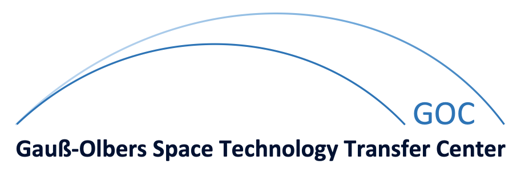Realtime algorithms for Listening Room Compensation
| Tutor: | Stefan Goetze |
| Type of Thesis: | Projektarbeit (Dipl.) |
| date of end: | 02/2009 |
| Student: | Eugen Albertin |
| Status: | finished |
| ANT-shelfmark: | P01/09-1 |
| Abstract: |
More and more communication devices use hands-free equipment. Such devices have to cope with several problems caused by numerous reflections of the sound signal at the room boundaries (multi-path propagation, due to the acoustic coupling between loudspeaker and microphone that can be described by the room impulse response). On one hand reverberation of the far-end speech signal is introduced depending on the spatial distance between the loudspeaker and the near-end user. Listening-room compensation (LRC) approaches can be used to reduce the influence of the acoustic environment at the position of the microphone. The second problem is acoustic echo of the far-end speech signal contained in the microphone path which is transmitted back to the far-end user. Acoustic echo cancelation (AEC) tries to eliminate the corresponding echos in the microphone path. Besides that the AEC filter delivers an estimate of the room impulse response (at least for the single-loudspeaker case) that can be used as an input for LRC. The aim of this project was the development of a simulation environment for listening-room compensation and acoustic echo cancelation using Visual C++ programming environment. This system was realized as a real-time multi-channel system. All algorithms for LRC and AEC were implemented in frequency-domain using the fast Fourier transform (FFT) which allows for faster signal processing in comparison to signal processing in time-domain. Furthermore, the spatial robustness of listening room compensation was analyzed by using different number of microphones. |







